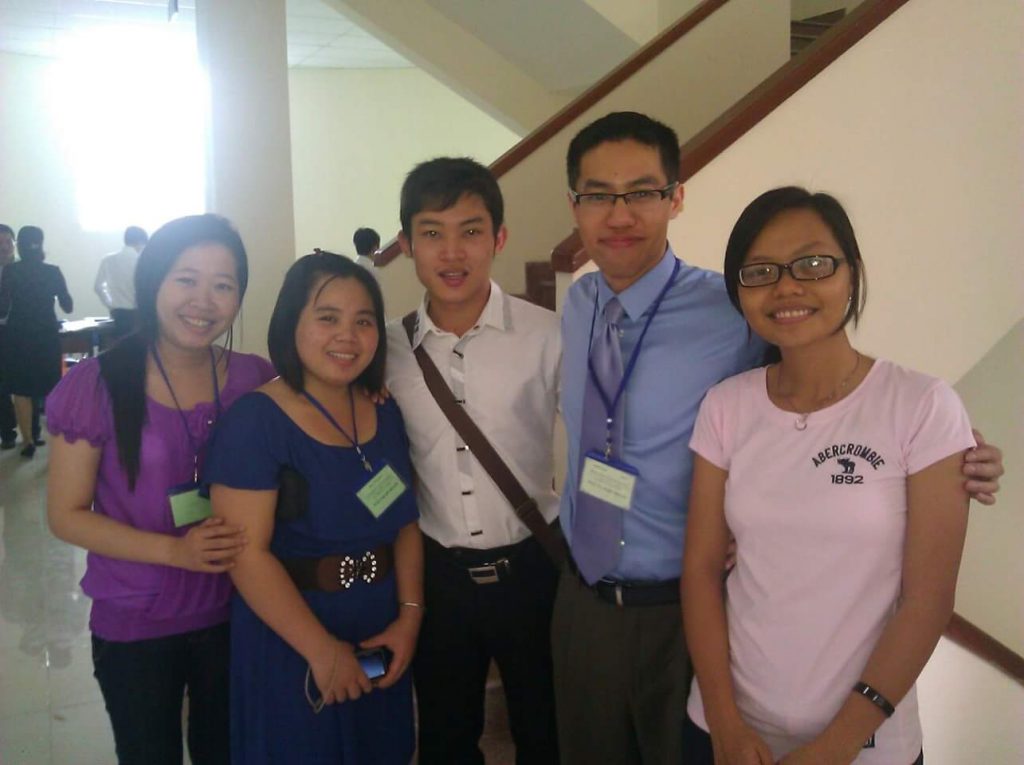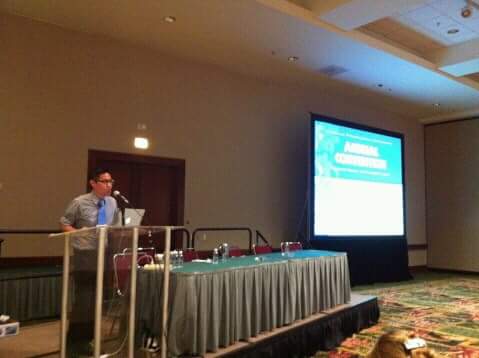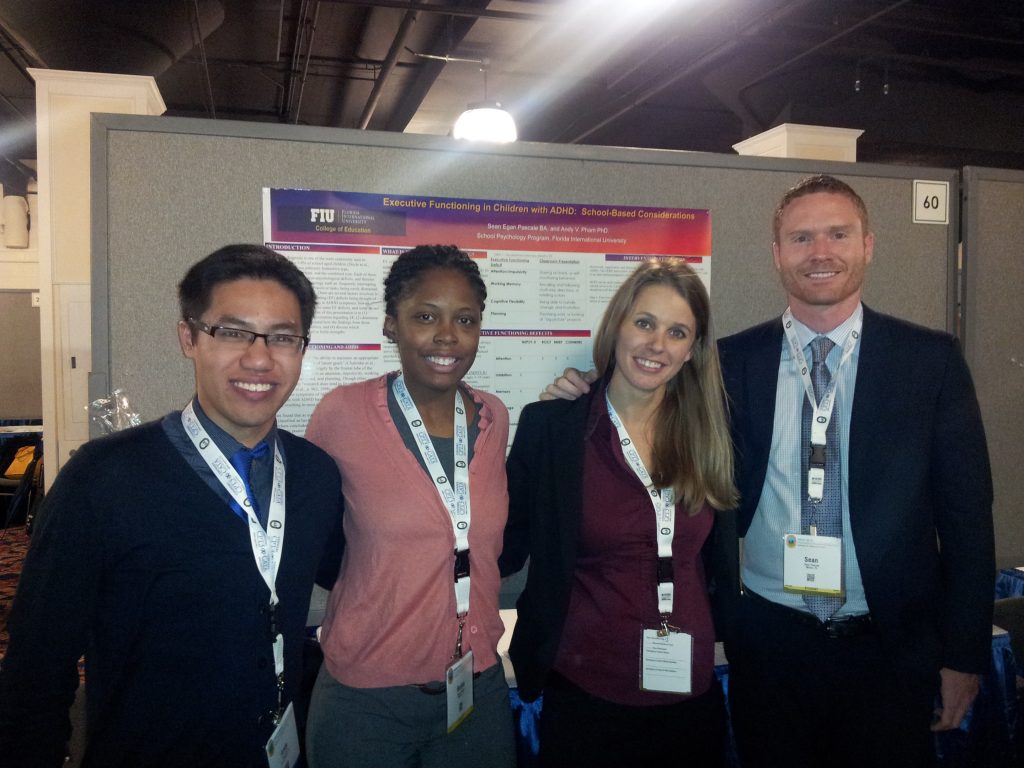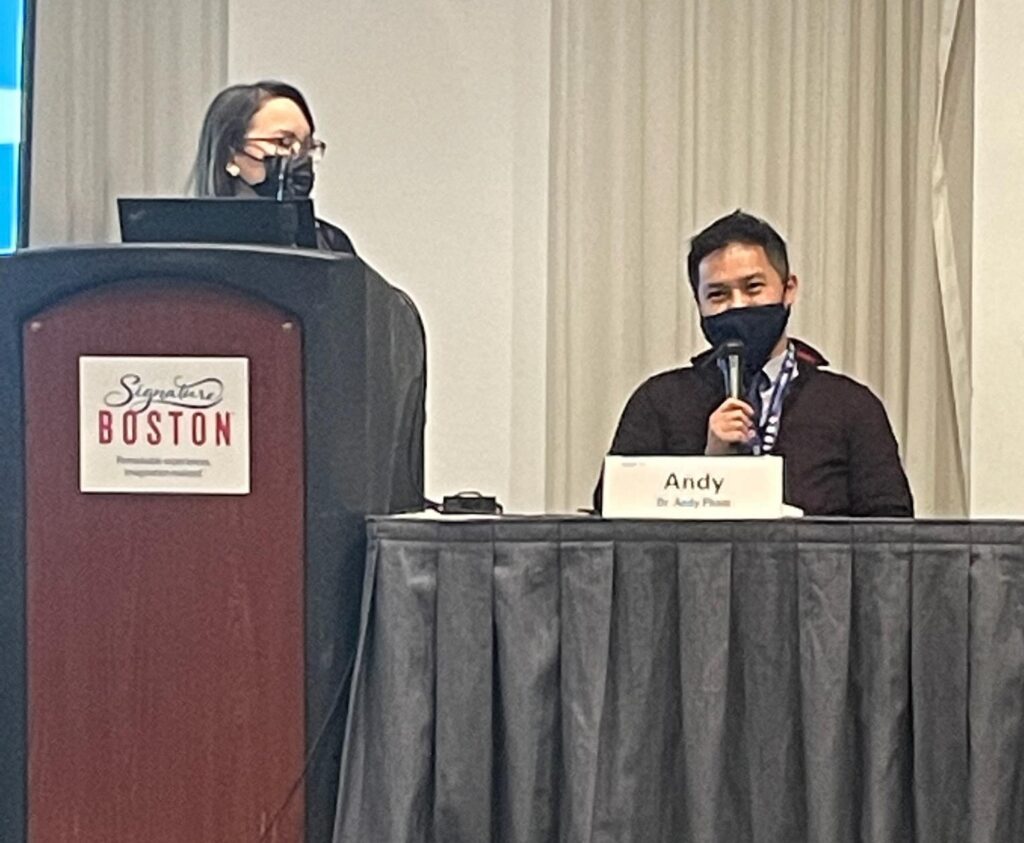Although my training and education is in School Psychology, I have taken a cross-disciplinary approach to my research, as my work has been published in related fields including cross-cultural psychology and child neuropsychology. My research also explores the intersection of cultural and cognitive factors in children’s learning and mental health outcomes. My research also can be separated in the following strands:
1. My initial line of research has been determining the relations of neurocognitive (e.g., executive functioning) and sociocultural factors (e.g., acculturation) in understanding student learning (e.g., reading) and behavior health outcomes. I have led and contributed to these projects through recruitment of school-aged and post-secondary students, assisting with data collection and data analyses. These findings contribute to our understanding of how these factors promote student academic and behavioral success in school and educational settings.
Sample Work:
- Cumming, M., Poling, D. V., Qiu, Y., Pham, A. V., Daunic, A. P., Corbett, N., & Smith, S.W. (2021) A validation study of the BRIEF-2 among Kindergartners and first graders at-risk for behavior problems. https://doi.org/10.1177/10731911211032289
- Cumming, M. M., Bettini, E., Pham, A.V., & ★Park, J. (2020). School-, classroom- and dyadic-level experiences: A literature review of their relationship with students’ executive functioning development. Review of Educational Research, 90, 47-94. https://doi.org/10.3102/0034654319891400
- Pham, A. V., Castro-Olivo, S., Chun, H., & Goforth, A. N. (2017). Cognitive Abilities in Bilinguals in L1 and L2. In Ardila, A. B. Cieślicka, R. R. Heredia, & M. Rosselli (Eds.), Psychology of Bilingualism (pp. 269-291). Springer, Cham. http://dx.doi.org/10.1007/978-3-319-64099-0_12
- Chun, H., Marin, M., Schwartz, J. P., Pham, A., & Castro-Olivo, S. (2016). Psychosociocultural structural models of college success among Latina/o students in Hispanic-serving institutions. Journal of Diversity in Higher Education, 9, 385-400. http://dx.doi.org/10.1037/a0039881
- Pham, A. V. (2015). Understanding ADHD from a biopsychosocial-cultural framework: A case study. Contemporary School Psychology, 19, 54-62. http://dx.doi.org/1007/s40688-014-0038-2
- Pham, A. V., & Hasson, R. M. (2014). Verbal and visuospatial working memory as predictors of children’s reading ability. Archives of Clinical Neuropsychology, 29, 467-477. https://doi.org/10.1093/arclin/acu024
2. My work has evolved into translating scientific findings into evidence-based practice to promote minority health. In particular, my team has developed frameworks based on examining contextual factors that contribute to culturally responsive delivery of psychological services in schools and other settings (e.g., clinical settings, graduate training). Considering that families or parents (or caregivers) make decisions regarding intervention services for children, our findings have refined frameworks to incorporate positive home-school relationships, utilizing cultural strengths of minority children, and integrating parental understanding and cultural values in interventions.
Sample Work:
- Burt, I., Pham, A. V., & Hyun, J. H. (2021). Reexamining Asian American Masculinity and the Model Minority Myth Through a School-Based Counseling Group. Professional School Counseling. https://doi.org/10.1177/2156759X211040032
- ★Dong, Q., ★Garcia, B., Pham, A. V., & Cumming, M. (2020). Culturally responsive approaches for addressing ADHD within multi-tiered systems of support. Current Psychiatry Reports, 22. Advance online publication. https://doi.org/10.1007/s11920-020-01154-3
- Goforth, A. N., Pham, A. V., & ★Holter, O. G. (2019). Cultural Considerations in School Psychopharmacology. In S. Carlson & J. A. Barterian (Eds.), School Psychopharmacology(pp. 179-194). Springer, Cham. https://doi.org/10.1007/978-3-030-15541-4_11
- Pham, A. V., Goforth, A. N., Chun, H., Castro-Olivo, S., & ★Costa, A. (2017). Acculturation and help-seeking behavior in consultation: A sociocultural framework for mental health service. Journal of Educational and Psychological Consultation, 27, 271-288. http://dx.doi.org/10.1080/10474412.2017.1287574
- Goforth, A. N., Pham, A. V., Chun, H., & Castro-Olivo, S. (2017). Introduction to the special issue. Acculturation and sociocultural factors in children’s mental health services: Applying multicultural consultation frameworks. Journal of Educational and Psychological Consultation, 1-6. http://dx.doi.org/10.1080/10474412.2016.1275650
- Goforth, A. N., Pham, A. V., Chun, H., Castro-Olivo, S. M., & ★Yosai, E. R. (2016). Association of acculturative stress, Islamic practices, and internalizing symptoms among Arab American adolescents.School Psychology Quarterly, 31(2), 198–212. https://doi.org/10.1037/spq0000135
- Pham, A. V., Goforth, A. N., Oganes, M., Medina-Pekofsky, E., & Fine, J. G. (2016). Nondiscriminatory neuropsychological assessment of children with learning disabilities. In F. R. Ferraro (Ed.),Minority and cross-cultural aspects of neuropsychological assessment: Enduring and emerging trends (pp. 359–378). NY: Taylor & Francis.
- Goforth, A. N., Pham, A. V., & Oka, E. R. (2015). Parent–Child Conflict, Acculturation Gap, Acculturative Stress, and Behavior Problems in Arab American Adolescents.Journal of Cross-Cultural Psychology, 46(6), 821–836. https://doi.org/10.1177/0022022115585140
- Stewart, L. S., Pham, A. V., & Carlson, J. S. (2011). School dropout. In S. Goldstein & J. Naglieri (Eds.), Encyclopedia of Child Behavior and Development (pp. 1293-1294). New York, NY: Springer Publishing Co. http://dx.doi.org/10.1007/978-0-387-79061-9_2501
3. To make systems-level improvements in advancing equity and parity due to persistent oppression, racism, and colonialism, scientists and practitioners must include training in and implementation of culturally responsive and evidence-based practices. However, limited research has focused on collaboratively building these practices effectively into school, clinical, and academic settings. Our work has incorporated ecological and social justice approaches that can lead to increased recruitment of culturally and linguistically diverse professionals and more equitable student outcomes through ongoing self-awareness and sustained actions to improve individual and community outcomes. These training issues become essential for improving the quality of life and services for diverse populations.
Sample Work:
- Pham, A.V., Goforth, A. N., Aguilar, L., Burt, I., ★Bastian, R., & ★Diakow, D. (2021). Dismantling systemic inequities in school psychology: Cultural humility as a foundational approach to social justice.School Psychology Review https://doi.org/10.1080/2372966X.2021.1941245
- Pham, A. V., Lazarus, P., Costa, A., ★Dong, Q., & ★Bastian, R. (2021). Incorporating social justice advocacy and interdisciplinary collaborative training in the recruitment and retention of diverse graduate students. Contemporary School Psychology, 25, 344–357. https://doi.org/10.1007/s40688-020-00322-9
- Sullivan, A. L., Pham, A. V., Weeks, M., Nguyen, T., & ★Dong, Q. (2021). Enfranchising socially marginalized students. In P. J. Lazarus, S. M. Suldo, & B. Doll (Eds.), Fostering the emotional well-being of our youth: A school-based approach(pp. 375–394). Oxford University Press. https://doi.org/10.1093/med-psych/9780190918873.003.0019



